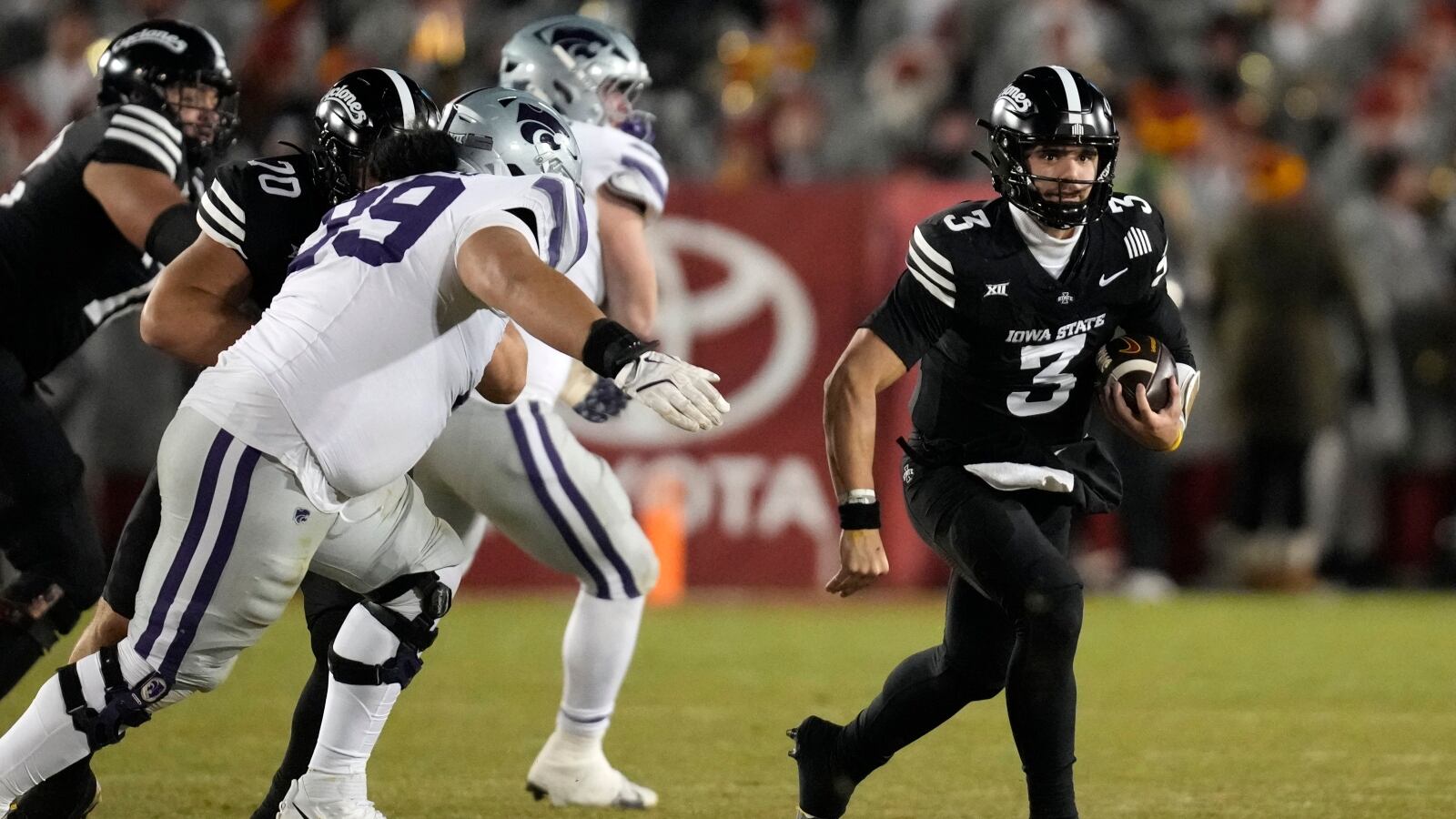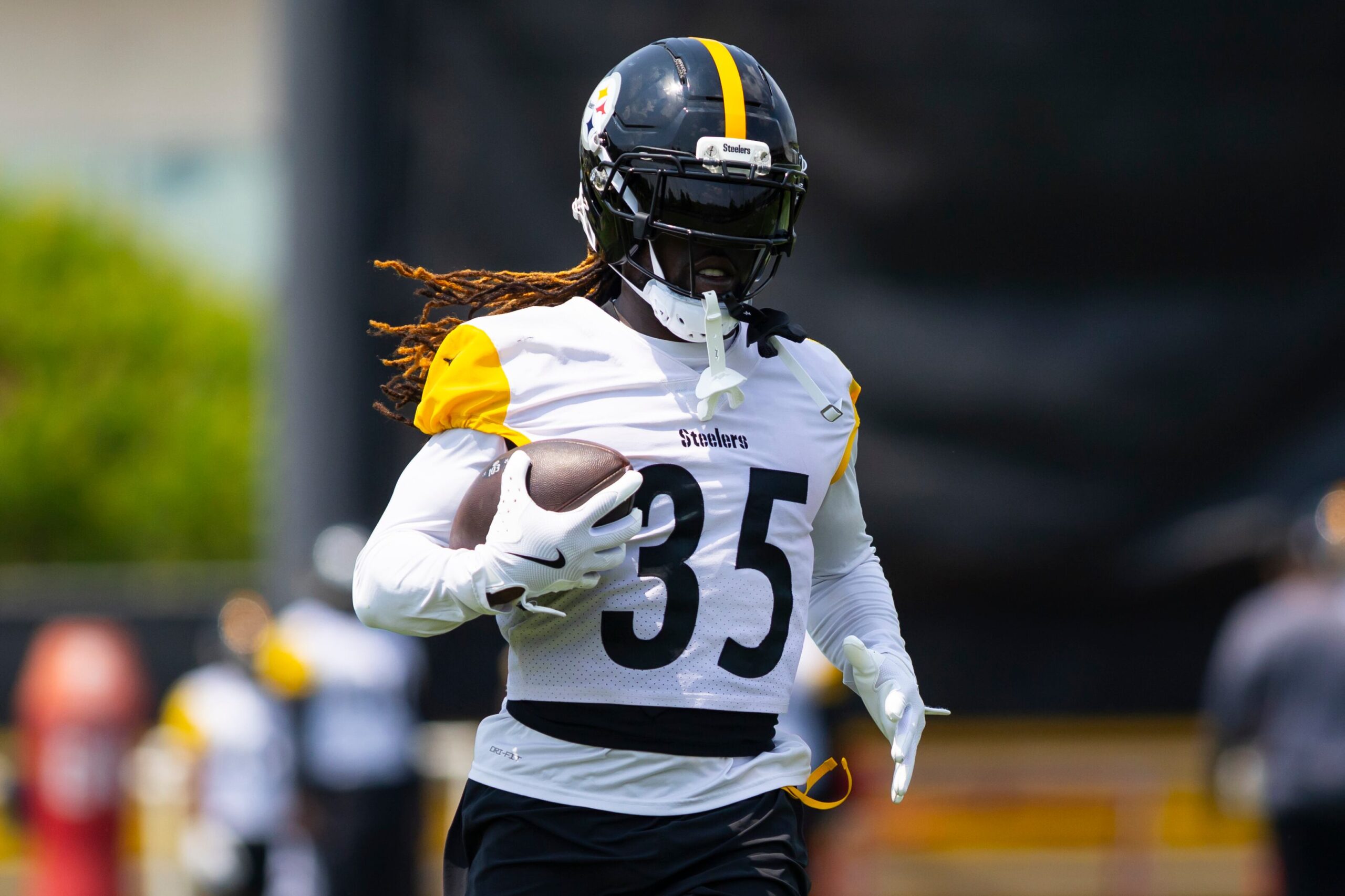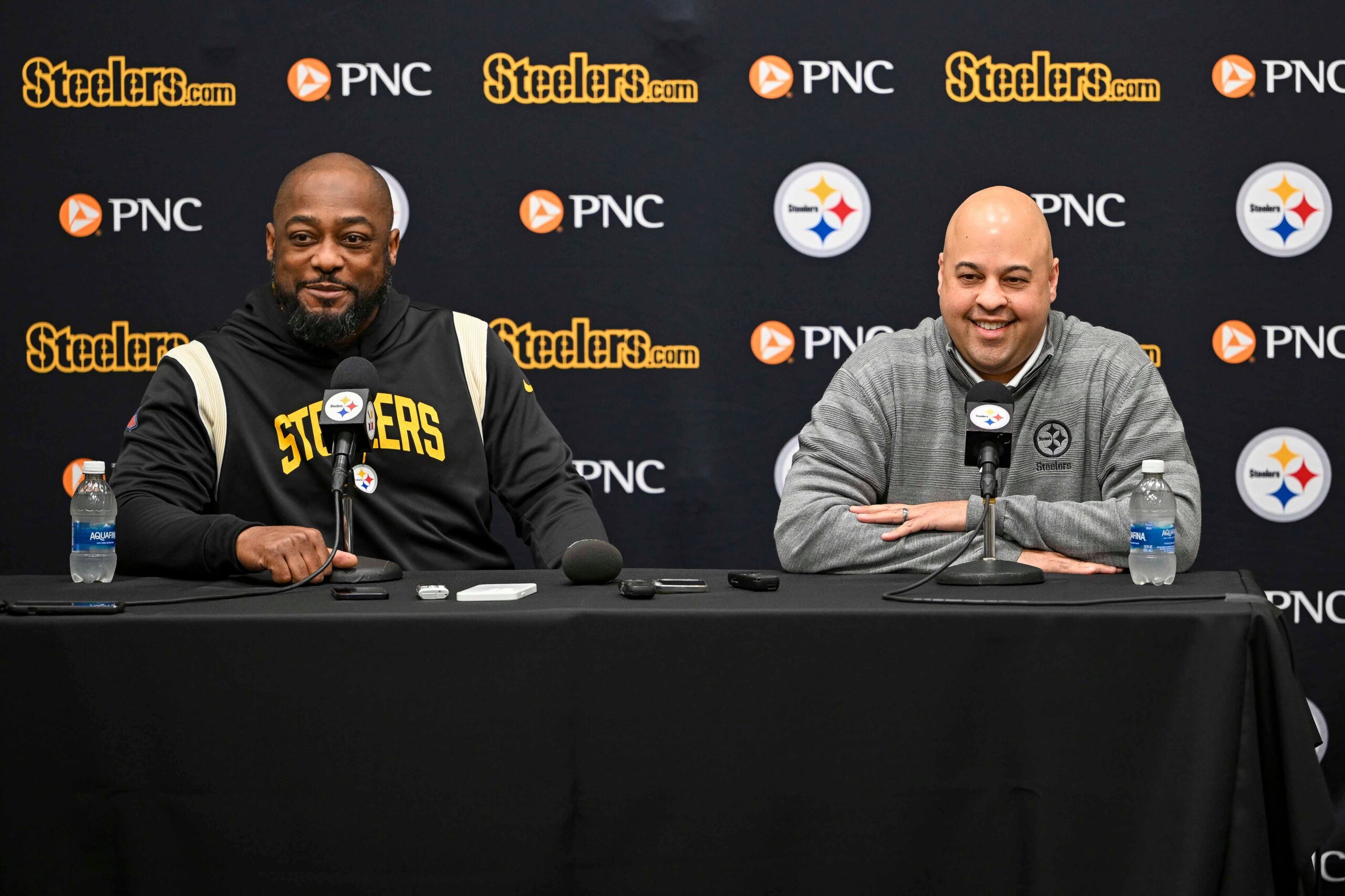According to his lawyers, the man accused of striking and murdering hockey player Johnny Gaudreau and his brother while they were bicycling in Salem County, New Jersey, should not be allowed to testify in court for any of the comments he made to police since he was not promptly informed of his rights.
On the evening of August 29, 2024, Sean M. Higgins, 44, of Pilesgrove, struck Johnny Gaudreau, 31, and Matthew R. Gaudreau, 29, while intoxicated, according to the prosecution.
Both first-degree aggravated manslaughter, two counts of second-degree reckless vehicular homicide, second-degree abandoning the scene of a deadly accident, and fourth-degree tampering with physical evidence were among the charges against Higgins in December.
In court documents this week, his lawyers contended that before New Jersey State Police troopers started interviewing Higgins at the scene, they had already recognized their client as the driver in the deadly collision and had spoken to a witness who had confirmed Higgins’ statement that he had been intoxicated.
Additionally, the defense presented police body camera film showing Higgins admitting right away that he was driving and said to an oncoming trooper, “I hit em, I hit em, I hit em.”
Prosecutors claim that Higgins drank two beers while driving about before the disaster and five or six drinks after ending work the afternoon of the collision when he was questioned by police at the scene.
According to investigators, Higgins was arrested at the scene after failing a field sobriety test. He was then informed of his Miranda rights to legal representation and to refrain from self-incrimination.
According to the defense, troopers had established probable cause to charge Higgins based on what they already knew about the collision site before interviewing him. They also ought to have informed him of his rights before asking him.
According to the lawyers, Higgins was virtually in custody because it was evident to him that he was not free to depart while he was speaking to troopers at the site.
According to the defense, Mr. Higgins was arrested at the scene of a double fatality when police had already gathered enough information to establish probable cause, as opposed to a transitory or exploratory stop. Once the contact turns into a custodial one, the roadside location does not exempt law enforcement from their Miranda rights.
The defense contended that since Higgins’ subsequent post-Miranda interview included the same troopers and the interrogation was continuous and two-step, any remarks he made after being informed of his rights should also be excluded from trial.
According to the defense, the same policemen participated in the post-warning interrogation, which came right after the prior unwarned remarks. The initial Miranda violation’s taint was not sufficiently removed by the separation between the two.
In his brief opposing the defense motion, Salem County Assistant Prosecutor Michael Mestern stated that since Higgins was not in jail when troopers questioned him on the scene, they did not need to inform him of his Miranda rights earlier.
“All of Higgins’ statements, both at the scene and in a formal interview, were lawfully obtained, and he was read his rights three times in total during questioning following the crash,” Mestern said.
Additionally, the defense filed a petition to suppress any data gathered from the Higgins Jeep, claiming that police only had a warrant for accessing physical evidence and did not get a communications data warrant to retrieve data from the airbag control module.
According to court documents, investigators obtained data from a chip in the car’s infotainment system that may have contained information about the deadly incident, including speed, acceleration, and braking data, but no data from the airbag control module was found.
The documents don’t go into detail about what was recovered, but according to an inventory of the data that was taken from the chip, the following information was returned: the state and condition of the car and its operating systems before, during, and after the collision: Bluetooth connections, doors, devices, gear shifts, stop/start log, hard braking, hard acceleration, traction events, navigation, ignition key, GPS, and timing data.
Mestern retorted that the warrant to retrieve the airbag data clearly permitted the recovery of electronic data from the vehicle’s systems, despite the defense’s contention that no recovered data should be included at trial since the first search was unlawful.
As the defense would have Your Honor think, there is nothing in the warrant that restricts the troopers to merely inspecting and seizing tangible evidence, Mestern wrote.
Both motions will be heard on August 21.
Matthew Gaudreau played collegiate hockey before becoming a coach, while Johnny Gaudreau spent 11 seasons in the NHL.
According to police, the incident happened while they were riding their bikes from their family’s adjacent house to see a family friend nearby. It was planned on the day after their murder that the brothers would be groomsmen at their sister’s wedding.
If convicted, Higgins could spend up to 70 years behind bars, the prosecution said.He turned down the prosecution’s offer of a guilty plea in exchange for a 35-year prison sentence.
At a hearing in April, the defense had already asked the judge to dismiss some of the accusations against Higgins, but the judge had denied their request.
The grand jury was not informed that the Gaudreaus were riding a motorcycle while intoxicated at the time of the collision, according to the defense.
According to the prosecution, the brothers did nothing unlawful based on witness accounts.
You can contact Matt Gray at [email protected].
Crime and court news
-
Harrisburg teen confessed to shooting 13-year-old: police
-
Cumberland County man charged in 2024 shootout that struck 3 homes, 2 vehicles
-
Central Pa. man charged after shooting person in the head: police






